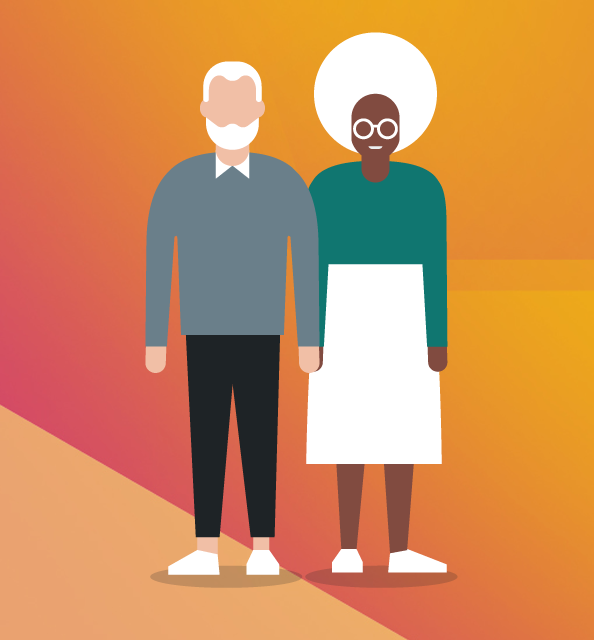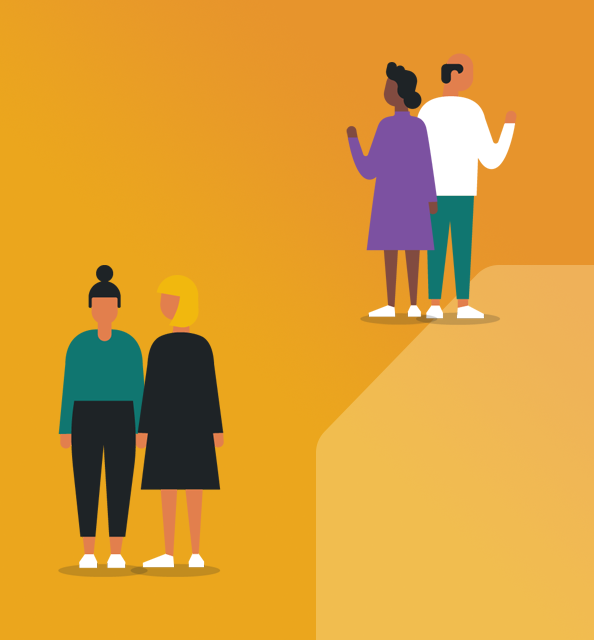Marriage is down, cohabiting is up
According to the Office of National Statistics (ONS) marriage rates are on the decrease, with cohabiting couples now the fastest-growing family type in the UK.
"The number of opposite-sex marriages has fallen by 50% since 1972. This decline is a likely consequence of increasing numbers of men and women delaying marriage, or couples choosing to live together rather than marry, either as a precursor to marriage or as an alternative,” reports Dr James Tucker, Head of Health and Life Events Analysis, Office for National Statistics.
Views around marriage are changing as researchers from University College London and the University of St Andrews found: “living with someone (rather than marriage) has become an almost universal form of first partnership regardless of socio-economic background or educational level.”



